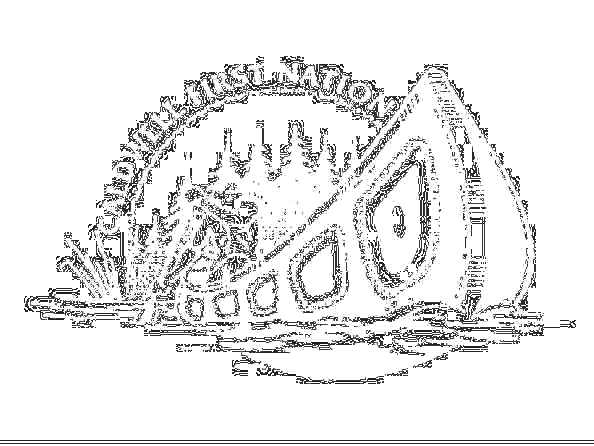|

| |
A Brief History of the Caldwell Band

The Chippewas of Point Pelee and Pelee Island
 | 1788: Thomas McKee leases Pelee Island "from the chiefs and sachems of
the Chippewa and Ottawa nations." This everlasting lease was for "three
bushels of corn annually, if demanded, or its equivalent." The Caldwells never
received anything. |
 | May 1790: Ottawa, Chippewa, Pottawatomi and Huron natives surrender title to a
large tract of Southwestern Ontario for cash and specific lands reserved for their use.
Caldwell Chief Quenesis Caldwell wasn't present for the treaty and the band was left out. |
 | 1815: Alexander McKee inherits Pelee Island from his father, Thomas McKee.
Alexander later sells it to the McCorkmick's for one hundred and twenty five
pounds. |
 | 1830s: Caldwell First Nation presses its claim for land without success. |
 | 1840s: The McCormick's apply to the government for a written land title. The
government decides that "neither the lease from the Indians nor the length of
possession by the McCormick's constitute a sufficient legal title to the Island."
Further, the existing lease violates the King's Royal Proclamation of 1763 in force
at the time which forbids purchases being made from the Indians. The Crown concludes
that the McCormick's and the McKee's are trespassers. |
 | 1870: The Walpole Island Band surrenders several small islands near the mouth of
the Detroit River in Lake Erie, "as well as any other islands in the vicinity."
Pelee Island is not mentioned in the surrender. The Caldwell Band is not present at this
surrender agreement either. |
 | 1951: The Minister of Indian Affairs puts the Caldwell Band under the Indian
Act "elective" system of government, which requires that only reserve residents
may vote. Since Canada also maintains that the Caldwells have no reserve, the move
effectively blocks the formation of a recognized band government. The order is finally
lifted in 1978.
|
 | 1973: Caldwells submit a claim to the Point Pelee area. |
 | 1974: Ottawa rejects the Caldwell claim. |
 | 1995: The federal government, after a historical and legal review, recognizes
Canada has outstanding obligations to the Caldwells from the non-fulfilled 1790 treaty. |
 | Oct. 30, 1998: Negotiators for the Caldwells and the federal government reach an
agreement in principle for a future reserve. |
 | Dec. 20, 1998: Caldwell Chief Larry Johnson announces a $23.4-million agreement in
principle with Ottawa that would allow the creation of a 1,820-hectare (4,500 acre)
reserve in the Rondeau Bay area of Chatham-Kent. |
 | Jan. 18, 1999: The Ontario government says Rondeau Provincial Park isn't for sale
and won't be part of the deal between the federal government and the Caldwells for a
reserve. Johnson says the band isn't interested in the park. |
 | Feb. 9, 1999: Facing fierce opposition from farmers and others, Indian Affairs Minister Jane Stewart and Johnson
announce the band's vote on the agreement in principle will be delayed three months,
allowing time to answer questions about the deal. The vote had been scheduled for March
20. |

|
